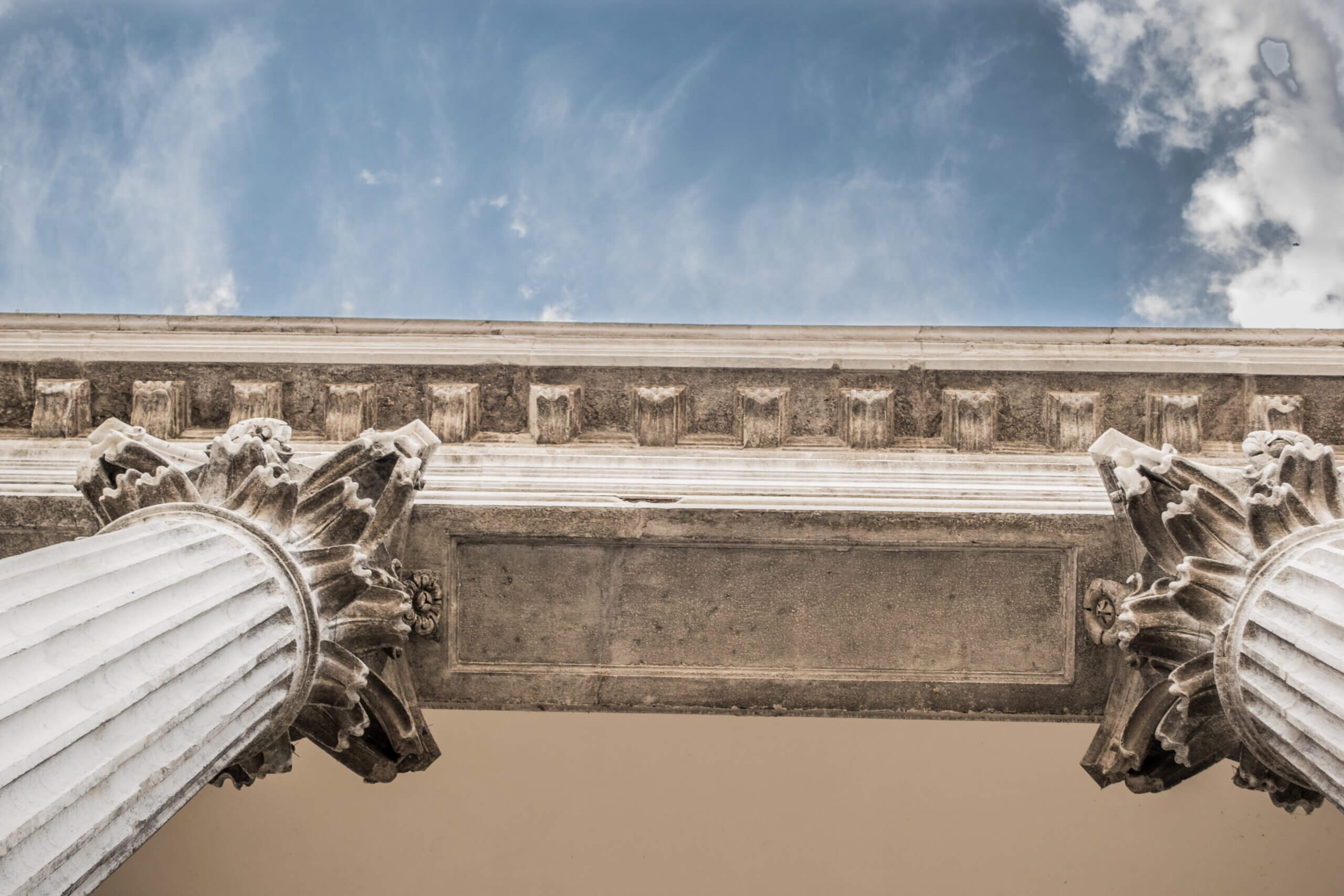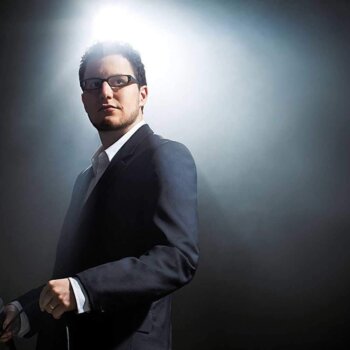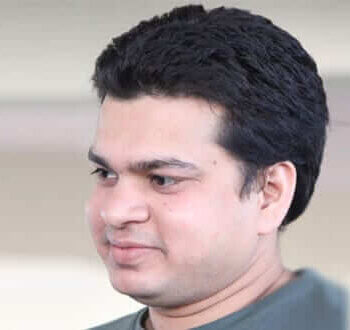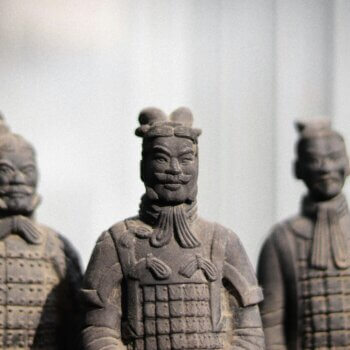Our differing notions of fairness is one of the biggest causes of the divide facing the world today. And yet, a better understanding of fairness may just well be the bridge that helps heal our world.
“That’s not fair!”
If you’re a parent, you probably hear that sentence on a regular basis. Fairness is one of those concepts that’s hard-baked into us from an early age; by seven or eight, most of already understand it.
Because we humans are social animals, the ability to detect and deal appropriately with freeloaders is a fairly useful trait. If I’m burning all my calories hunting woolly mammoth for us, and you’re kicking back playing pre-historic pinochle in a nice warm cave…well, that’s not fair.
Let’s call this the libertarian view of fairness.
Fairness has another important dimension though – one that most likely came about later in our development as a species, along with a certain level of spiritual awareness. According this view, as living beings, we all have equal intrinsic worth. In other words, we are all equal in the eyes of God. The Founding Fathers of the United States took this essentially spiritual idea and placed it at the center of our politics. Perhaps the most famous articulation of this version of fairness is Thomas Jefferson`s in the Declaration of Independence:
We hold these truths to be self-evident, that all men are created equal, that they are endowed by their Creator with certain unalienable Rights, that among these are Life, Liberty and the pursuit of Happiness.
Let’s call this the egalitarian view of fairness.
Will Hutton on What’s Fair
How do these different understandings of fairness translate into the friction we see in today’s politics?
I highly encourage all my progressive friends, in particular, to watch the following video. It’s author Will Hutton talking about fairness. info=1&iv_load_policy=1&fs=1&hl=en-US&autohide=2&wmode=transparent
Hutton is talking about the UK here, but much of what he’s saying holds true for the United States. He does a great job of making the case for reinvigorating our egalitarian sense of fairness, particularly when he talks about the importance of working together to deal with chance, or luck. Listen to how he frames things like the “undeserving rich” and healthcare by using this notion of sharing with others our luck of the draw – whether it be good or bad. I think that this particular twist – the combination of fairness and fate – could serve as a useful means for reframing estate taxes away from the Luntzian term “death tax” and could serve similarly for other issues revolving around issues of egalitarian fairness.
How’s That Fair?
As a country, the United States has slouched dangerously towards the libertarian version of fairness since 1980 – to the point where some would argue we are turning into a “banana republic” and are on the road to decline. We have been where we are today at another time in our history. The Gilded Age saw similar patterns of income disparity, greed and corruption.
How is it possible that, at the same time in history when we face record levels of income disparity and loss of faith in government, we also have a relatively large segment of society increasingly caught up in fears over encroaching socialism? It is bizzarre, and yet very much where we find ourselves today.
I am not naive. There is no doubt that some in this country stand to benefit quite nicely from a permanent tilt toward an extreme version of libertarian fairness, and that they work very hard to this end. But to believe that this small group holds a magical power over the American people – like some nefarious puppet master – risks overplaying their role and obscuring another, far less cynical explanation.
Could it be that the success of the far right lies in their ability to resonate with people by recognizing, and indeed celebrating, their personal experience of the importance of the libertarian fairness?
Satyagraha – Recognizing Truth
It’s really important to note one thing about the way Hutton talks about fairness in the above video. He makes a point of acknowledging and validating the libertarian sense of fairness in his argument. That’s important because this notion of fairness isn’t just restricted to those on the political left. We’ve all had situations where we’ve seen somebody work half as hard as we did and somehow end up with better rewards. Trying to fight this notion of fairness is a losing proposition. Far better to incorporate it as something very real – because it is.
This ability to acknowledge truth wherever we might find it is a key element of Mahatma Gandhi’s notion of Satyagraha. Ben Brandzel had a nice piece a few weeks back, talking about the importance of recognizing truth, even when it is found in the words and beliefs of one’s opponents:
…Gandhi wrote that someone practicing Satyagraha “must look continually for truth in a campaign, even in his opponents position, and to incorporate that truth into his own position.”
A Richer Understanding of Fairness
Fairness is one of those places where we need to look hard for the truth. I believe it is time to find a richer understanding of fairness; one that incorporates the best of both notions without demonizing the other. There will always be tension between our two senses of fairness, but tension itself is not a bad thing. It can be a great source of creativity and growth.
This country was founded in 1776 based on the inalienable rights written by Thomas Jefferson into our Constitution – it is the most powerful articulations of egalitarian fairness that we have. In that very same year Adam Smith published “The Wealth of Nations,” in which he unveiled the metaphor of the “invisible hand” and laid the philosophical underpinnings for how laissez faire markets serve the greater good of society. This is the most powerful articulation of libertarian fairness that we have. That these breakthrough understandings of these two versions of fairness happened in the exact same year is an amazing enough coincidence. That they happened in the same year that the United States was founded is more than coincidence.
The dynamics of libertarian and egalitarian fairness are what built this country. It is what made us great – and it is one of the keys to returning us to that greatness.
“The hand that hath made you fair hath made you good.”
– William Shakespeare





























